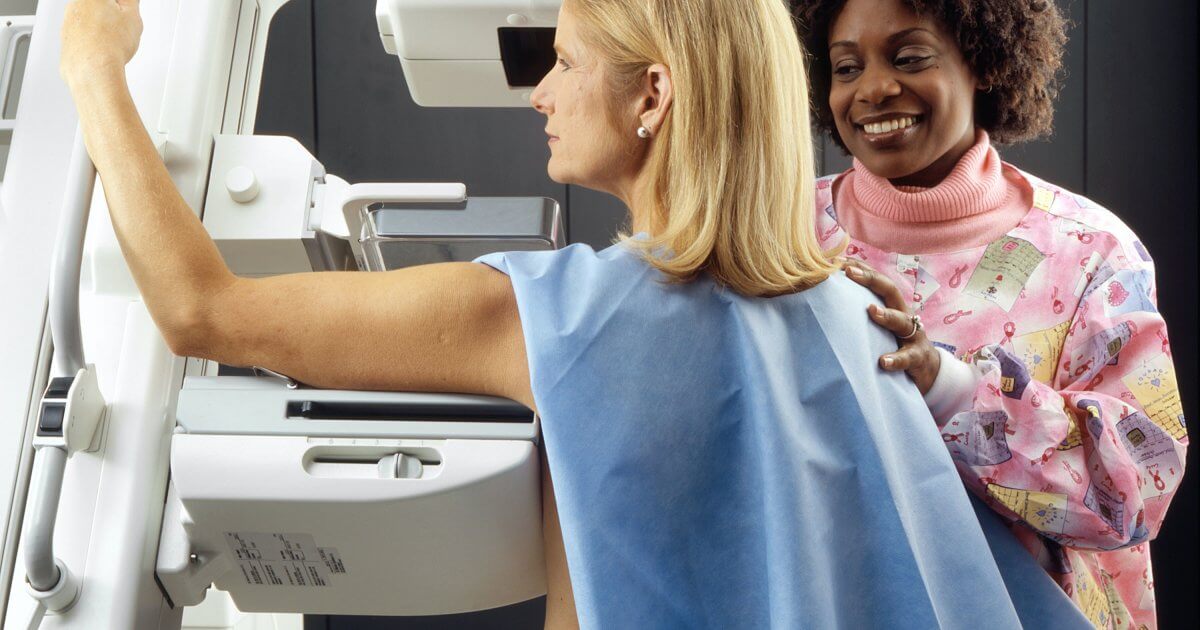Vaccine Side Effect Could Lead to Further Tests
- A swollen lymph node is a common COVID-19 vaccine side effect that can mimic a sign of breast cancer.
- The Society of Breast Imaging recommends that women schedule screening mammograms either before their first dose of the vaccine, or four to six weeks after their second dose.
- Women who have signs of a swollen lymph node on mammogram should return about four weeks later for a follow-up exam.
Lymph node swelling is a common side effect after any vaccine, and particularly after the COVID-19 vaccine. It’s actually a good sign, says Dr. Katerina Dodelzon, assistant professor of radiology at Weill Cornell Medicine, because it’s evidence of “your immune system at work.”
Read MoreYour Mammogram Finds a Swollen Lymph Node: What Now?
Typically when radiologists see a large lymph node on one side, they bring the patient back for additional testing, which is usually an ultrasound, says Dr. Emily Sonnenblick, associate professor of radiology at the Icahn School of Medicine at Mount Sinai.When you’re called back after a mammogram
“Once we recall them for an ultrasound, we have a choice. We can schedule a biopsy if we’re really concerned, or we can have them return to us,” she tells SurvivorNet. At a follow-up visit about four weeks later, the doctor will check that your lymph node has returned to normal — a sign that the vaccine, and not cancer, was behind the swelling.
Should You Wait?
With COVID-19 vaccines still hard to come by, you may have to get your vaccine whenever it’s available for your age group. Try to schedule your screening mammogram before your shot, or four to six weeks after your second vaccine dose if you can.
It might not be possible to schedule your mammogram around the vaccine, and you may not want to cancel a mammogram appointment you’ve had for a year and chance not being able to schedule another one right away. Nearly one-third of women say COVID-19 has caused them to delay their mammograms. This is one test you don’t want to put off for too long.
“Mammogram is really important for a woman’s health,” Dr. Dodelzon says. “Should there be any signs of breast cancer, we can catch it when it’s small.”
When should I get a mammogram?
If you do have to get your mammogram soon after the COVID-19 vaccine, tell your radiologist when you had the shot, and in which arm you got it. Knowing your vaccine status will provide an explanation for any lymph node swelling that might show up on the test.
Related: Where Can I Get the COVID-19 Vaccine If I Have Cancer? A State-By-State Guide
Remember that the new recommendations only apply to screening mammograms — your annual preventive exam — not diagnostic mammograms. “A woman who feels a lump or any kind of suspicious area in her breast should come in right away,” Dr. Sonnenblick says.
Learn more about SurvivorNet's rigorous medical review process.


